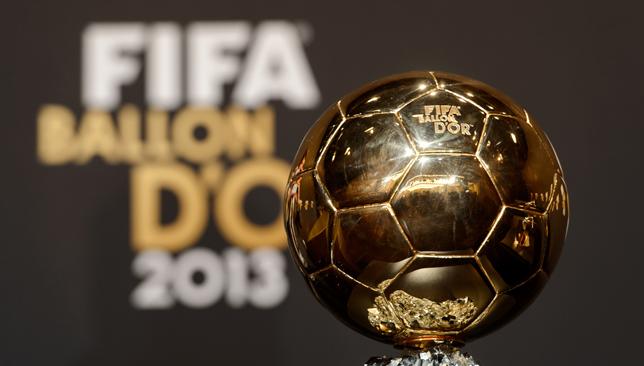
The Ballon d’Or (or Ballon Bore/Ballon Snore to its detractors) represents a strange dichotomy in football. Namely, how can individuals be elevated above the collective, in a team sport, especially when they are a product of the success their team brings?
When FIFA joined forces with France Football in 2010 to rebrand the award it represented a fantastic marketing coup and has become the Oscars of the football world.
Witness this year’s ceremony and the uneasy truce between Cristiano Ronaldo and Lionel Messi and their partners Irina Shayk and Antonella Roccuzzo garnering almost as much attention; the glitz and glamour essentially as important as the recipient of the award.
Whittling down football’s finest to just 23 will always be divisive, but again there are some glaring omissions which are, at best, honest oversights or, at worst, deliberate due to a lack of ‘star power’.
Atletico Madrid’s achievement in winning La Liga last season, ahead of Real Madrid and Barcelona, is one of football’s all-time great achievements. Yet the only recognition of that is the presence of Diego Simeone on the Coach of the Year list and their now ex-striker Diego Costa and loanee goalkeeper Thibaut Courtois on the longlist.
What of Diego Godin, the best centre-back in the world for more than a year now, who scored the defining goal to confirm Los Rojiblancos’ title and was approximately a minute away from being the match-winner in the Champions League final?
Or Koke, Gabi or Arda Turan – the latter three embodying Simeone’s side energy and industry?
But then this is the issue with the concept, and in many ways FIFA’s reimagining of it, Godin, Koke, Gabi and Arda don’t stand out on a field like Ronaldo or Messi. They are actors in a critically-acclaimed ensemble piece, not leading men in a blockbuster.
Why is Andres Iniesta there? A poor year personally and collectively for Barcelona and Spain, he’s there because he’s Andres Iniesta, not because he deserves to be.
FIFA’s stance on Luis Suarez is equally baffling. Omitted clearly for disciplinary reasons due to his bite on Giorgio Chiellini, as he was the best player in the Premier League last season, yet he featured last year despite a similar attack on Chelsea’s Branislav Ivanovic. Given it happened at the World Cup, I suppose it was a case of biting the hand that feeds this time.
But what of the likely winner? World Cups tend to offer a guide, as was the case in 1990 (Lothar Matthaus), 1994 (Hristo Stoichkov), 1998 (Zinedine Zidane), 2002 (Ronaldo) and 2006 (Fabio Cannavaro). The man to break this chain, however was Lionel Messi in 2010.
Germany and Bayern Munich have enjoyed continuing success but who stands out? Thomas Muller, Manuel Neuer, Mario Gotze, Philipp Lahm, Bastian Schweinsteiger and Toni Kroos (now of Real Madrid) all shared that success and each would be a worthy recipient, but can you really place one above the other?
The inevitable victor will likely be Ronaldo again. Never mind his anonymous display in the Champions League final, average (injury-affected) World Cup, his astonishing scoring record in 2014 (44 in 39) for club and country will be seen as ample justification.
Which brings us back to the nature of the award; it strips away all football’s nuances and complexity and reduces it to the simple argument of: who’s scored the most goals? Isn’t it more than that?